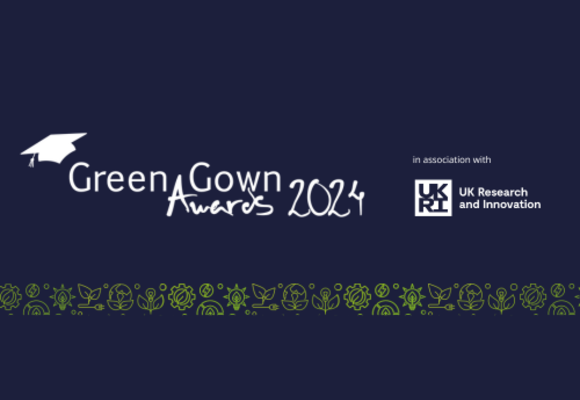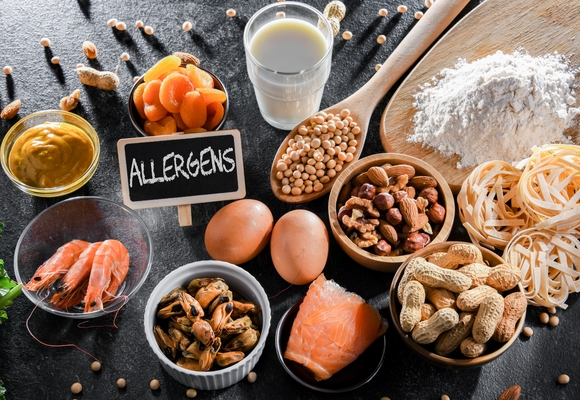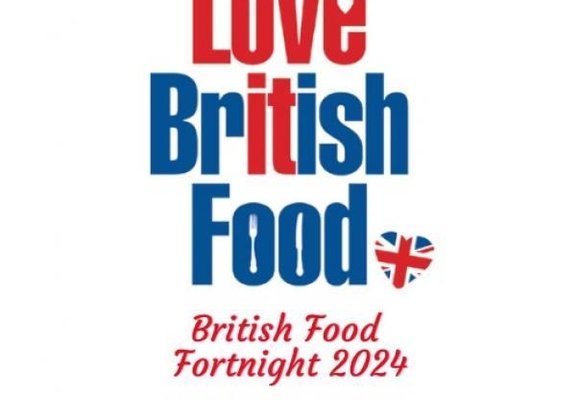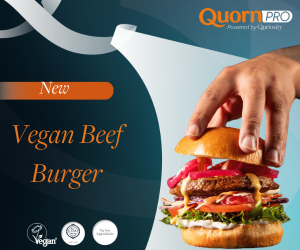Clichéd though it might be, we’ve all heard the old adage that students’ go-to is beans on toast – and recent research has finally called into question the health credentials of this fast-food fix.
While a new survey from the British Nutrition Foundation has shown that concern about ultra-processed foods has increased, happily, some ultra-processed foods – we’re looking at you, baked beans – can be part of a balanced diet and help busy people get healthier meals.
The recent survey, which YouGov carried out, looked at British adults’ views on processed foods and was previously carried out in 2021. Compared to 2021, more people had heard of the term ‘ultra-processed food’ (46% vs 30%) and were trying to reduce these foods in their diet (33% vs 25%).
The term ultra-processed foods is usually based on a food classification method called NOVA. This defines ultra-processed foods as those made by industrial processing and that often contain additives such as colours, flavours, emulsifiers or preservatives. The ultra-processed category includes a wide range of foods and drinks. Many of these are less healthy options that we are already advised to reduce in the diet, such as sugary drinks, cakes, ice creams, pastries, sweets, takeaway fried chicken or deep pan pizza. But foods like sliced wholemeal bread, wholegrain breakfast cereals, baked beans, tomato-based pasta sauces and fruit yoghurts are also usually classified as ultra-processed, and these can be a convenient and affordable source of some important nutrients.
Bridget Benelam, a British Nutrition Foundation spokesperson, explained, “For many of us when we get home after a busy day, foods like baked beans, wholemeal toast, fish fingers or ready-made pasta sauces are an affordable way to get a balanced meal on the table quickly. These may be classed as ultra-processed but can still be part of a healthy diet.”










